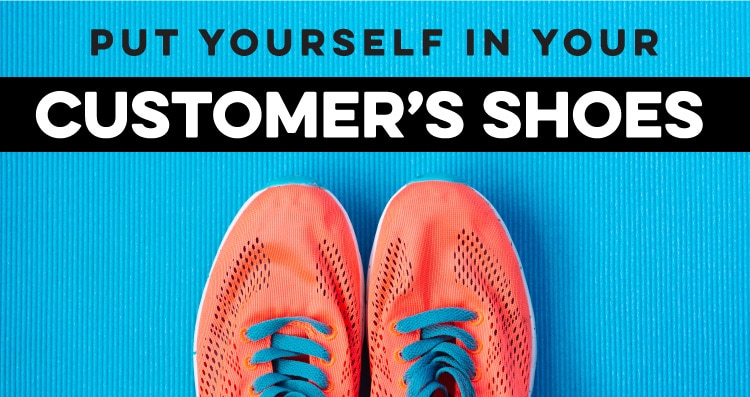As a speaker, trainer, and coach, helping Leaders and Teams create a Disney-like customer-focused culture and memorable experiences, I find that there are 4 real factors to creating a culture of customer care and customer success.
The problem today with our customers is that is good is not good enough; the bar is being raised, expectations are getting higher, and your customers judge you by the experiences they have with other businesses and their expectations of what they want in excellent service.
The only way to differentiate yourself and to become less of a commodity in the marketplace is through superior customer experiences and service. Most businesses don’t get it. A US Chamber of Commerce study found that almost 70% of customers quit because of an attitude of indifference toward the customer by the owner, manager, or employee.” The bottom line is you must treat every customer special to build rapport, relationships, trust, and connections.
It’s not just about the sale and making transactions, it’s about building relationships. People will buy from people and businesses they like.
The most overlooked customer is the sold customer. They usually get forgotten and taken for granted. Never let them forget how much you appreciate their business. By understanding these simple principles, you will realize that treating your current customers “right” will reap the rewards you seek. As studies have shown, it is six times less expensive to keep, upsell, resell, or get referrals from satisfied customers than to get new customers. Only by developing win-win relationships can you increase your business, lower your costs, and achieve maximum profitability. To be successful, follow these four guidelines of what your customers really want.
- Be Reliable
Reliability means doing what you said you’re going to do. For example, when you tell a customer you will get back with them and you don’t, your good reputation suffers. Since so many businesses and organizations don’t deliver on time, follow up, or do what they say they will do, when you do it you’ll end up “standing out” in the crowd. Although this may seem like a minor point, such things as being late, not returning phone calls, or emails and not giving 110% will hurt you and ultimately help your competitors. Being reliable also means doing it right the first time and getting it done on time.
- Be Responsive
Responsiveness means being available, accessible, approachable and willing to always help customers, especially when there is a problem. It also means keeping in touch regularly and understanding their wants and needs. To become more responsive, ask yourself– How quickly do we respond to your requests for service? How accessible are we when you need to contact us?
- Develop Trust and Likeability
When you look at the bottom line, there are two ultimate reasons why people will work with you. It’s because they like you and they trust you. Everything being equal, people will deal with people they like and trust. Simple kindness, good manners, and getting along with others can significantly enhance your opportunity to win new clients, generate more business with the ones you have, and increase your referrals.
4. Be Empathetic
The key to empathy is to see things from the perspective of the customer. If they have challenges or concerns about your service, you must see things from their viewpoint. In other words, we must “walk in their shoes.” This demonstrates to the customer that you “CARE”
To the extent that you treat someone as special and solve their unique problems, he/she will continue to be your customer. Disneyland says it best, “We love to entertain Kings and Queens, but the vital thing to remember is this: Every guest receives the VIP treatment. It is essential at Disneyland, that we get tired but never bored, and even if it is a rough day, we appear happy. You’ve got to have genuine interest in people. If nothing else helps, remember that you get paid for smiling.”
Pretty good advice from the late Walt Disney. Talk to your staff each day and shift to ask, are we providing what our customers REALLY want. Not just what they need. Every time we satisfy the wants of our customers’, we make a deposit in their emotional bank account. The more deposits the better. This helps any business in the event that something goes wrong. And it will. If we have built up enough deposits, our customer’s emotional bank account will be full and they will forgive us because we have proven to deliver. A full bank account is always a good thing. Need help? Contact John today for a free strategy call or affordable training options just for your team.
John Formica is America’s and Australia’s Customer Experience Coach, team culture experience expert, keynote speaker, and Top 10 Global Thought Leader and Influencer on Customer Loyalty. For information on customer experience programs, leadership training, team culture, business growth, how to find and hire great people and tailored training programs just for you or to book John to speak at your next event, contact 704-965-4090 or visit our website at JohnFormica.com.


